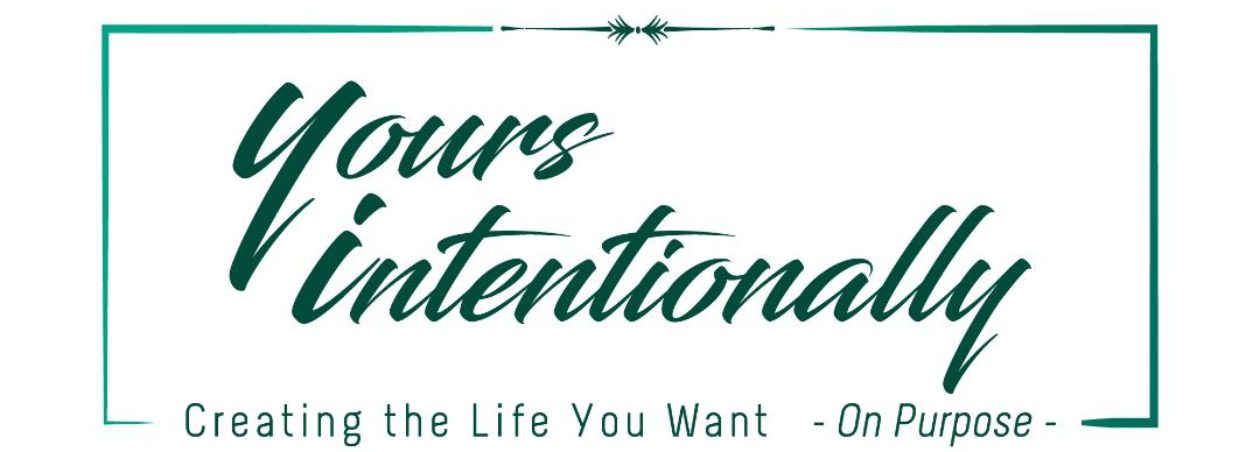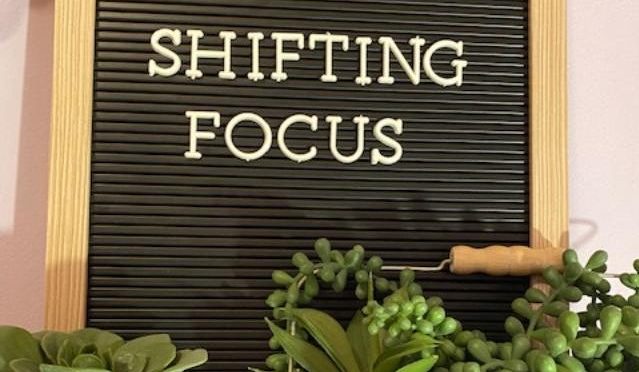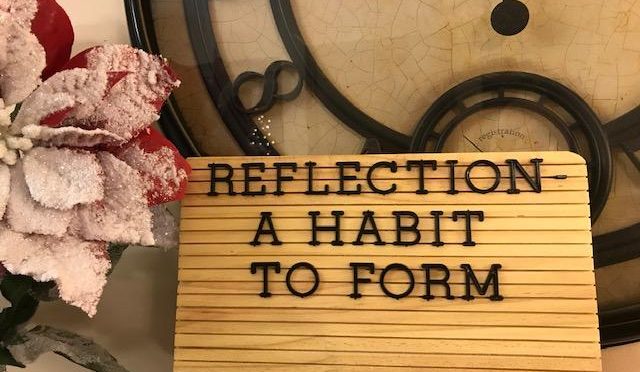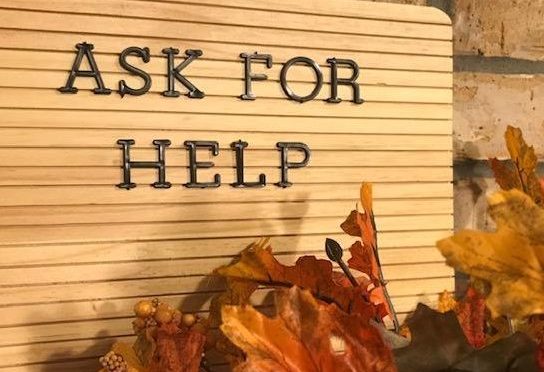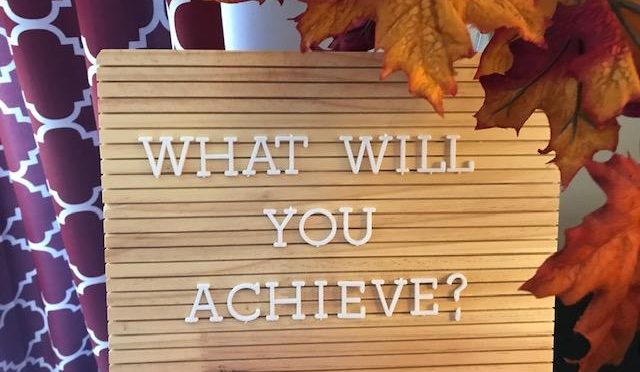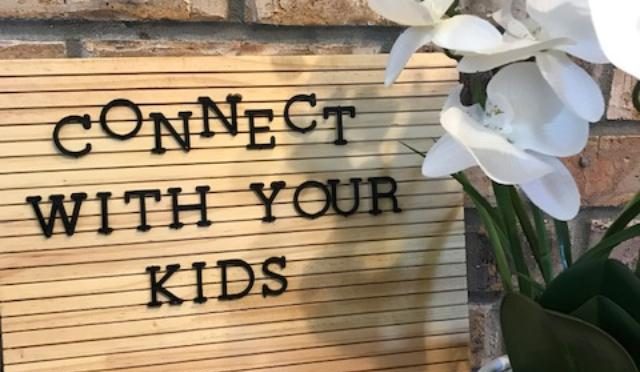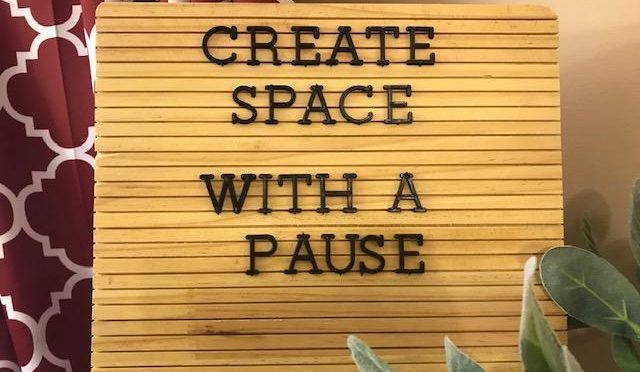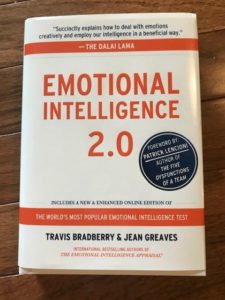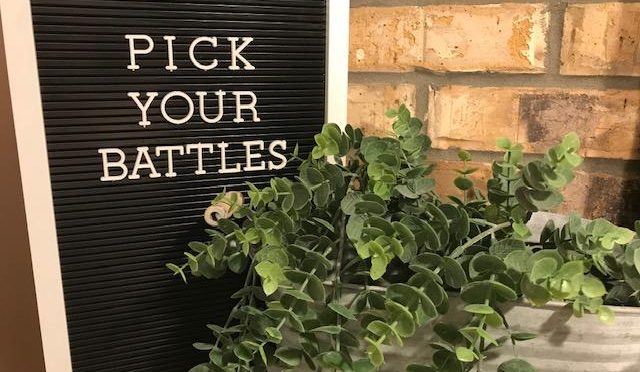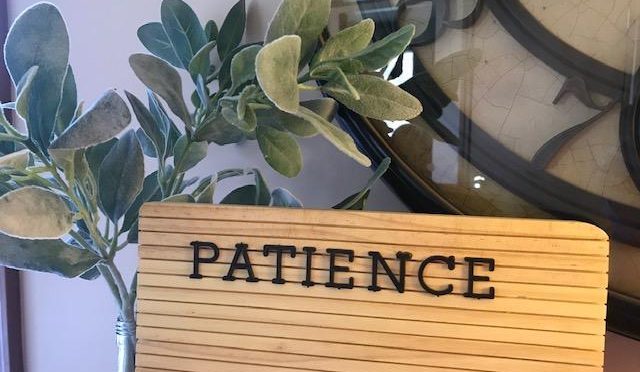Has this ever happened to you: You set out determined to do one thing and pretty soon you realize God had something else in mind for you? It recently happened to me, and it’s been an eye-opening experience.
It’s no secret that I try to live intentionally, so at the beginning of 2020, I set a one-word intention for the year. This is becoming quite a popular thing to do; many are choosing to set intentions rather than resolutions since resolutions have a bad rap for not lasting more than a few days.
What word did I choose for 2020? The word FOCUS.
Here’s why. I had set pretty big goals for myself in 2019 and worked hard to achieve them. Having made some awesome progress, I decided to buckle down and set out to achieve even more. My thought was simply that I needed additional focus. I thought if I could just zoom in and get really clear about my goals, I’d make forward progress. I would use the word FOCUS to remind myself to stay the course, avoid distraction, and not be derailed.

I also created a vision board for 2020 and have it displayed in my bathroom where I can see it every morning and night. As I’ve been focusing on its six categories and the images intended to inspire me to achieve those goals, I remind myself to work towards them and put in the effort to make them a reality.
But here’s the funny thing… it’s now mid-February, and I believe the word FOCUS is being laid on my heart in a very new and different way. It’s as if God is revealing to me what 2020 is really going to be about despite what I had in mind.
I believe God is shifting my focus.
